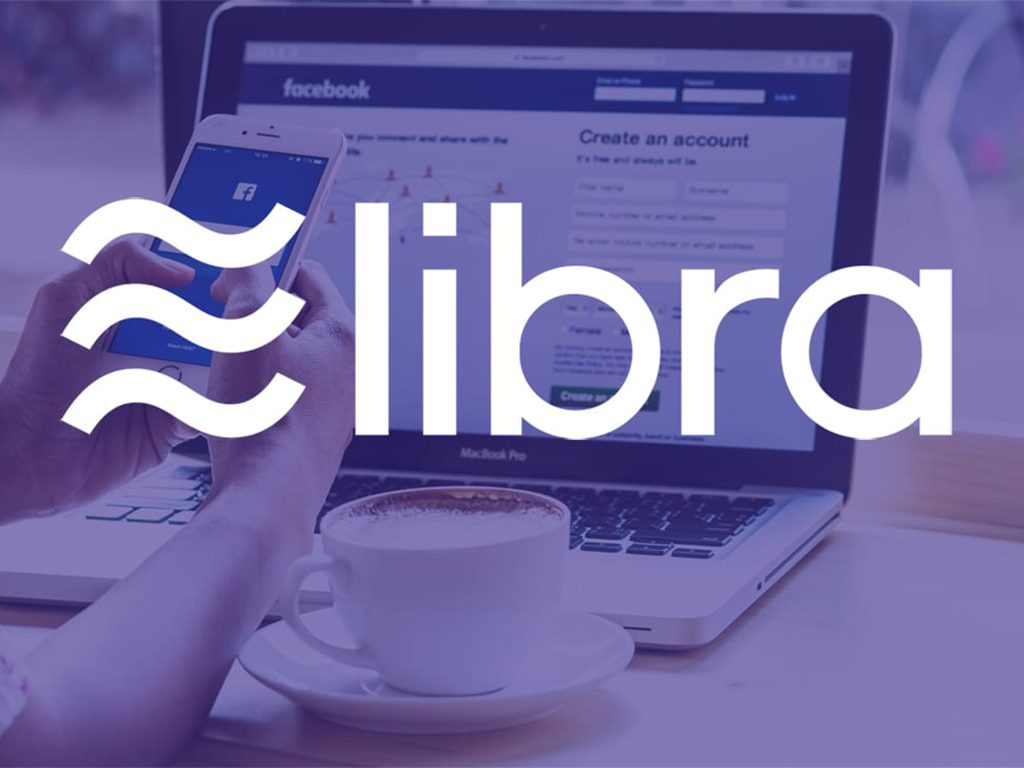Banks must be convinced that Libra does not threaten global financial stability

To begin with, yesterday in Basel Libra representatives met with representatives of 26 central banks, including the US Federal Reserve Bank and the Bank of England. Also, this was the first major meeting of the founders of Libra and politicians since Facebook had announced plans to introduce a digital currency which would become an alternative to the global payment system.
Risks of Libra
So, the meeting was chaired by Benoit Coeur of the European Central Bank. He warned that “the bar for regulatory approval was very high.” In other words, Libra will not be easy to obtain permission to work in the European Union. Earlier, France and Germany had already agreed to block Facebook’s centralized digital currency. So, the two governments believe that private individuals and companies “cannot claim absolute financial power, which is an integral part of sovereignty.”
Benoit Coeur spoke after a meeting of EU finance ministers in Helsinki, at which governments expressed “serious concern”, about how Libra and other digital currency technologies could destabilize the financial system and undermine the sovereignty of governments and central banks.
How Libra began a global question
Meanwhile, negotiations between Libra and central banks took place at a meeting with the Committee on Payments and Market Infrastructure, which is part of the Bank for International Settlements, BIS. Also, this was an international financial organization whose functions included promoting cooperation between central banks and promoting international financial settlements. So, Central banks of the main trading states were its founders, each of which appoints a representative to the board of directors. The Council met at least ten times a year. BMR is headquartered in Basel. The Central Bank of Russia is also a member of BIS. So, it was the opportunity to participate in negotiations with Facebook.
The founders of Libra were asked to answer important questions about the scale and architecture of the payment system. The findings of the commission were presented in a report to G7 finance ministers in October (from March 2014 – without Russia).
Then Libra representatives welcomed negotiations with regulatory authorities. “For almost 3 months since the announcement of our intention to launch the Libra network, we have given priority to working with regulators and politicians around the world,” they said.
French Finance Minister Bruno Le Mer previously stated that Libra should be banned in the EU, since in the absence of proper regulation this could undermine the monetary sovereignty of governments: “In the current environment, we must abandon the development of Libra in the EU,” he said.
Advantages
European politicians were particularly concerned that Libra would be a popular option for cross-border payments in the EU without proper accounting and depriving banks of the corresponding fees. Also, Benoit Ker said the project was an “alarm bell” for governments and central banks that need to work on technology to make consumer payments “faster and cheaper.”
Global central banks are also considering creating a competitive digital currency. So, it`s to counter the private initiatives of technology giants like Facebook. Then Mark Carney, manager of the Bank of England, and Christina Lagarde, new president of the ECB, support it Benoit Coeur even said that “it’s time to think about the digital currency of the central bank.”
So, some people believe that Libra news affects the Bitcoin exchange rate. For example, the latest BTC appreciation coincided with the announcement of Libra. Moreover, the next depreciation coincided with news about regulatory issues and a possible ban on the new currency.
![]()